
Eating Disorders affect people of all genders, sexual orientations, ages, socioeconomic class, abilities, races, and ethnic backgrounds. That is why, from February 1st to 7th every year, Eating Disorder groups across Canada unite to commemorate Eating Disorder Awareness Week (EDAW) with a national week of action focused on educating the public about Eating Disorders.
It is a time to escalate awareness of the impact of Eating Disorders, the dangerous stereotypes and myths, and the supports available for people living with or affected by them.
EDAW is a collective effort, from coast-to-coast-to-coast. Organizations around the country are set to host local events, light notable landmarks in the colour purple, and engage in public education campaigns.
This year's campaign, Everyone has a role to play, aims to recognize that we all have a role to play in Eating Disorder prevention and recovery. Depending on who we are in a person's life, the specifics of that role might differ. We've created three tools to help you figure out the role you can play as you support yourself or someone else.
Talking to someone about your Eating Disorder or disordered eating experience can be quite difficult. Our materials include a conversation guide that you can share on social media, a poster-sized tips for people navigating recovery, and a tailored resource list so you know where to go to access helpful information.
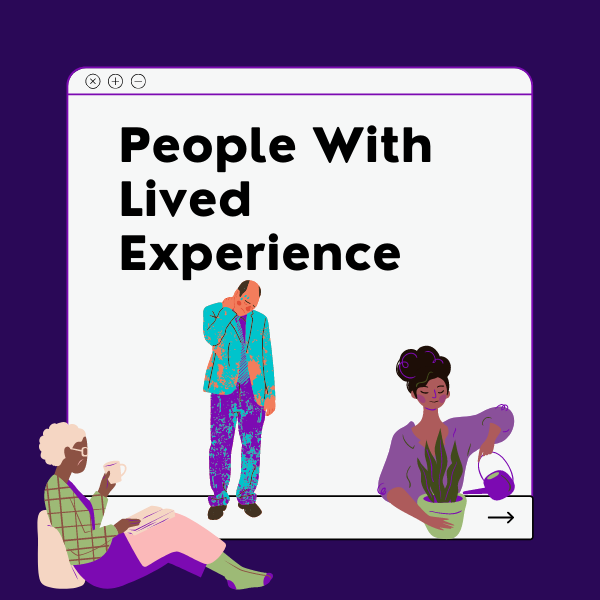
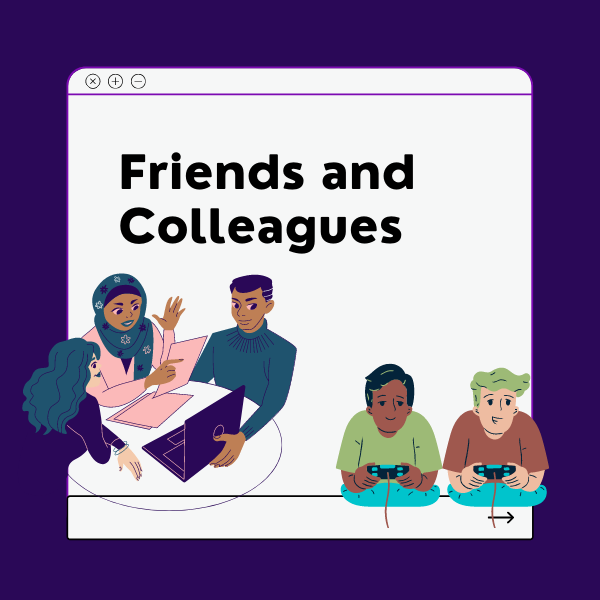
As a friend or colleague, you might be hesitant to approach someone you know with an Eating Disorder. You may be worried that you’ll say the wrong thing, or you may feel that it’s not appropriate for you to step in if you’re not a health or mental health professional. However, as a friend or colleague, you play a vital role in Eating Disorder prevention and recovery for those around you. Your words and actions have the power to foster positive body image and self-esteem in others, which can help prevent the development of an Eating Disorder. By showing your friends and colleagues support and compassion, you can help them feel less alone in their Eating Disorder, which is a huge predictor of recovery. Our materials will help you guide a discussion with a friend or a colleague who you are worried about.
People caring for loved ones experiencing an Eating Disorder are often looking for strategies and resources to help during their journey. Our materials focus on providing tips for conversation, strategies to minimize harm, and resources that you can use to better support your loved one and yourself.
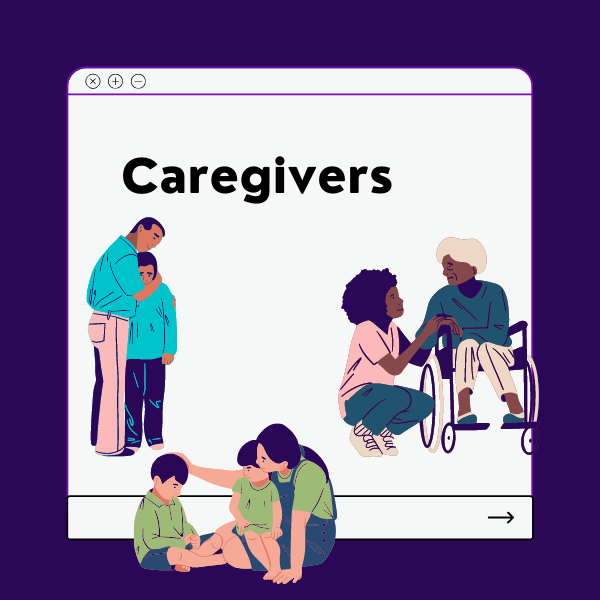
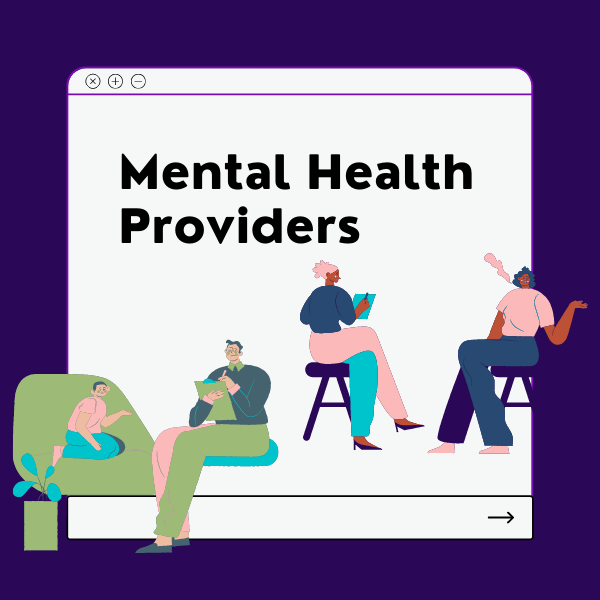
Mental health professionals are a vital link in the circle of care for people with Eating Disorders. Whether it's asking appropriate questions to identify someone is experiencing disordered eating, providing a validating space for them to share their experiences without judgment, or making sure that your mental health services are weight-inclusive, there are many ways you can play a role.
The school environment has a critical role in shaping the mind and body. Despite the recognized importance of educators in fostering mental and physical health, educators often do not receive the training needed to confidently address concerns related to eating or weight in their classroom. As a consequence, it can be challenging to facilitate positive and supportive discussions around food, activity, and weight.
Learn more about conversation strategies to use with a student who's affected, resources to bring into the classroom, and approaches to take when teaching about these concepts!
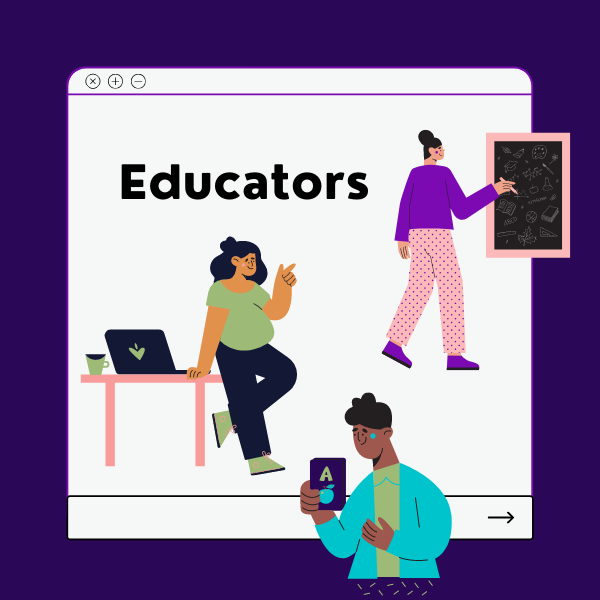

We know that physical activity can contribute to health and well-being. One might presume that the more exercise, the better; however, there is a point when too much exercise can give rise to health consequences. Learn more about strategies to have a conversation with a client who you think might be affected with disordered eating and about resources to help you learn of the indicators to watch for as you work to incorporate movement into people's lives!
Medical providers are a vital link in the circle of care for people with Eating Disorders. Whether it's asking appropriate questions to diagnose a potential Eating Disorder, opening doors for patients through timely referrals to Eating Disorder support services, or making sure that your medical guidance is weight-inclusive, there are many ways you can play a role.
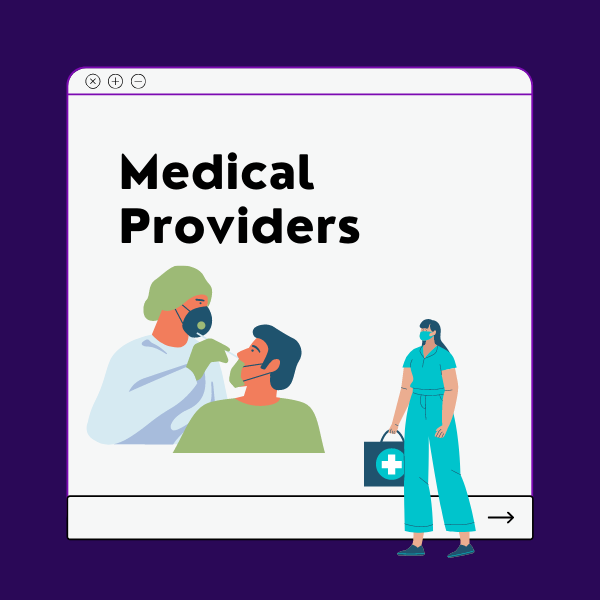
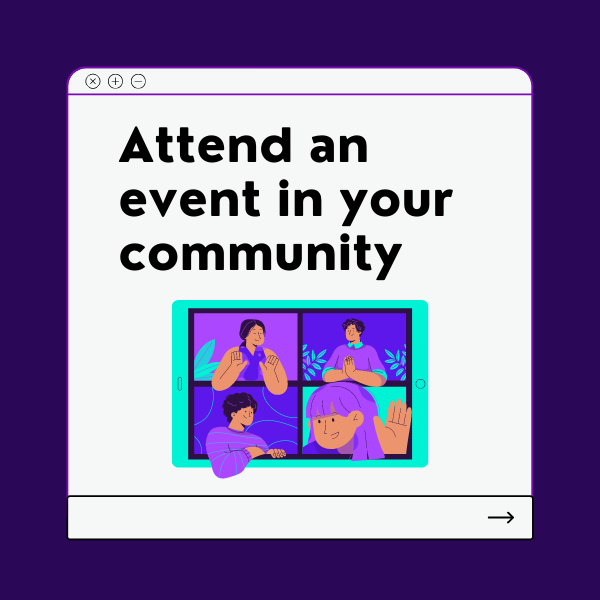
We have compiled a list of events happening during EDAW across the country, from coast-to-coast-to-coast. Click the link below to find out about event information near you!
Interested in the history of Eating Disorders Awareness Week? Want to read more about this year's message of "Everyone has a role to play" in detail? The BANA Magazine serves as a vehicle for clinicians, educators, and those across the mental health field nationally and internationally to learn about our community conversations in Canadian eating disorders and hear a variety of perspectives regarding awareness, wellness, and support. Visit the link below and share this free publication with those around you!
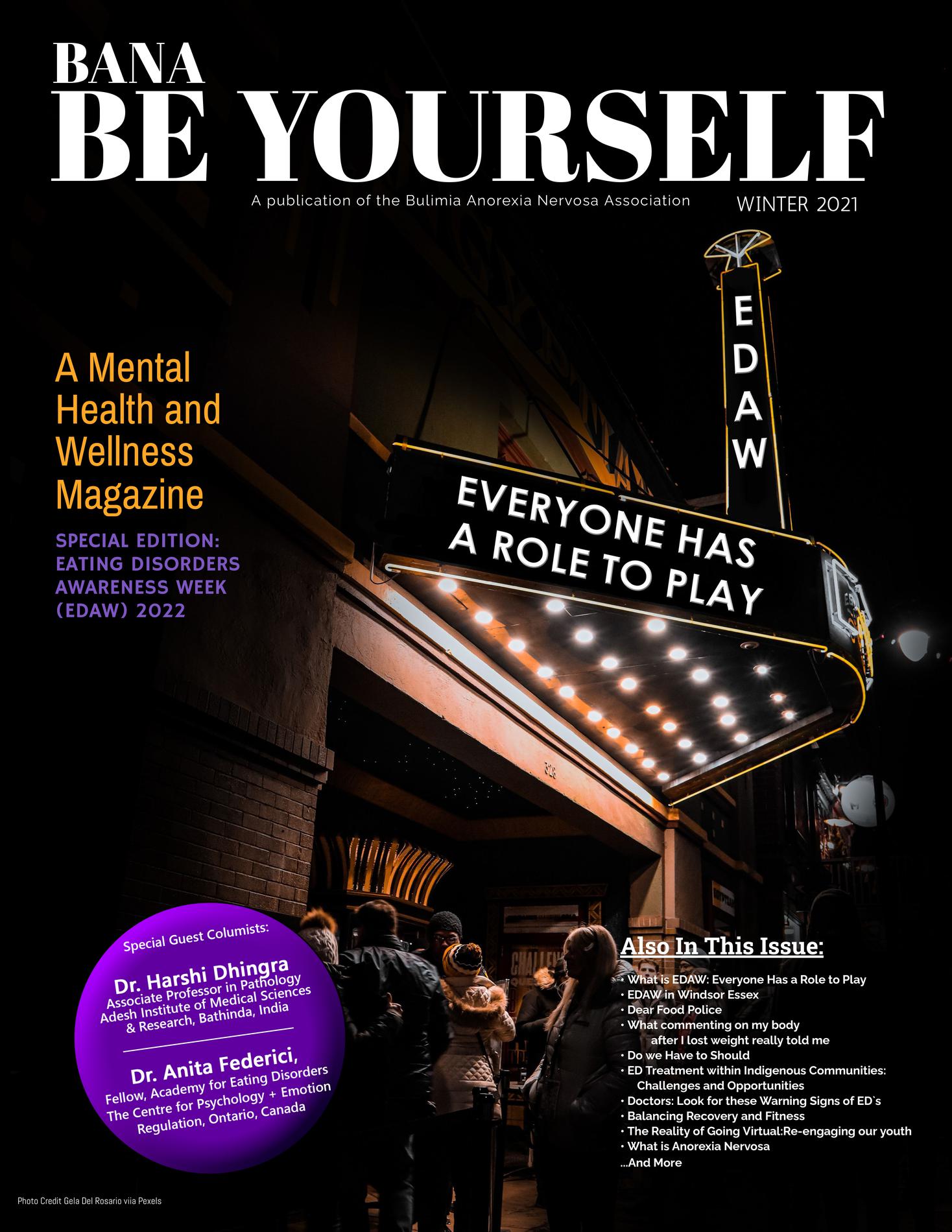
This work would not be possible without the support of our partners around the country.
Please visit their websites to find more information and local support:
Alyssa Stevenson Memorial Trust - Manitoba
Anorexia and Bulimia Québec (ANEB) - Québec
Body Brave - Ontario
BridgePoint Center for Eating Disorders - Saskatchewan
Bulimia Anorexia Nervosa Association (BANA) - Ontario
Danielle's Place - Ontario
Eating Disorder Foundation of Newfoundland and Labrador - Newfoundland and Labrador
Eating Disorders Nova Scotia - Nova Scotia
Eating Disorder Support Network of Alberta (EDSNA) - Alberta
F.E.A.S.T. - Global
Hopewell Eating Disorder Support Centre - Ontario
Jessie's Legacy - British Columbia
Kelty Mental Health Resource Centre - British Columbia
Looking Glass Foundation for Eating Disorders - British Columbia
National Initiative for Eating Disorders - Ontario
Sheena’s Place - Ontario
Silver Linings Foundation - Alberta
Waterloo-Wellington Eating Disorders Coalition (WWEDC) - Ontario
WaterStone Foundation - Ontario
Women’s Health Clinic - Manitoba